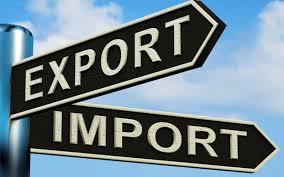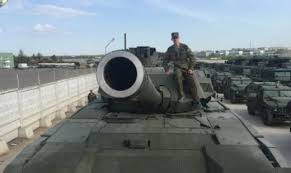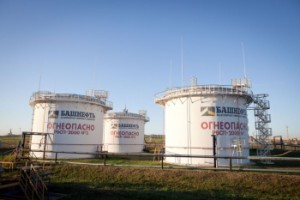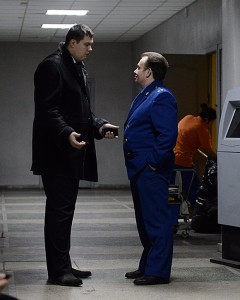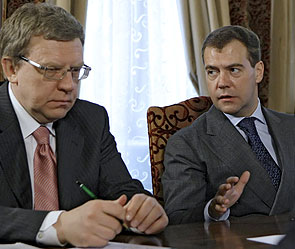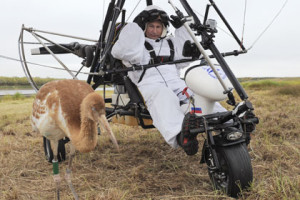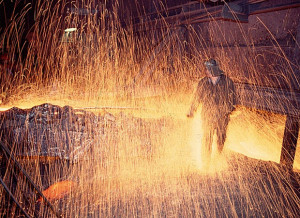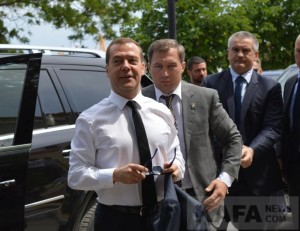
On May 23, during a visit to Crimea, Russian Prime Minister Dmitri Medvedev made a fool of himself with a cynical and provocative phrase that quickly became one of the most popular hits on Russian Internet. Answering the question from an elderly lady about why pensions are not being raised, Medvedev, without so much as a thought, retorted: “There’s simply no money. If we find the money, we will raise pensions. You hold on here, I wish you all the best, good spirits and good health.” But the money is lacking not only for pensioners: all those who had for years depended on the needle of “Putinomics” are experiencing problems.
Russia’s largest car manufacturer, AvtoVAZ, is once again finding itself in a difficult situation: beginning on June 6, its workers were transferred from a four-day to a three-day week; layoffs of between 5,000 and 8,000 people are expected. According to AvtoVAZ’s report, the company’s debt arrears of more than 45 days after the first quarter of 2016 has reached 25.3 billion rubles—3.8 times greater than during the same period of 2015. The company’s total debt to suppliers and contractors during the same period amounted to 66.5 billion rubles (including arrears of 25.3 billion.) After the first quarter of 2016, the company’s net loss has increased 48 times, reaching 8.6 billion rubles. To cover its losses, AvtoVAZ will ask its French partner, Renault-Nissan, for a loan of 20 billion rubles. If it is unable to pay that loan back, AvtoVAZ will have to pay with its shares and assets. Read More “Putin’s Regime Thumbs its Nose”



